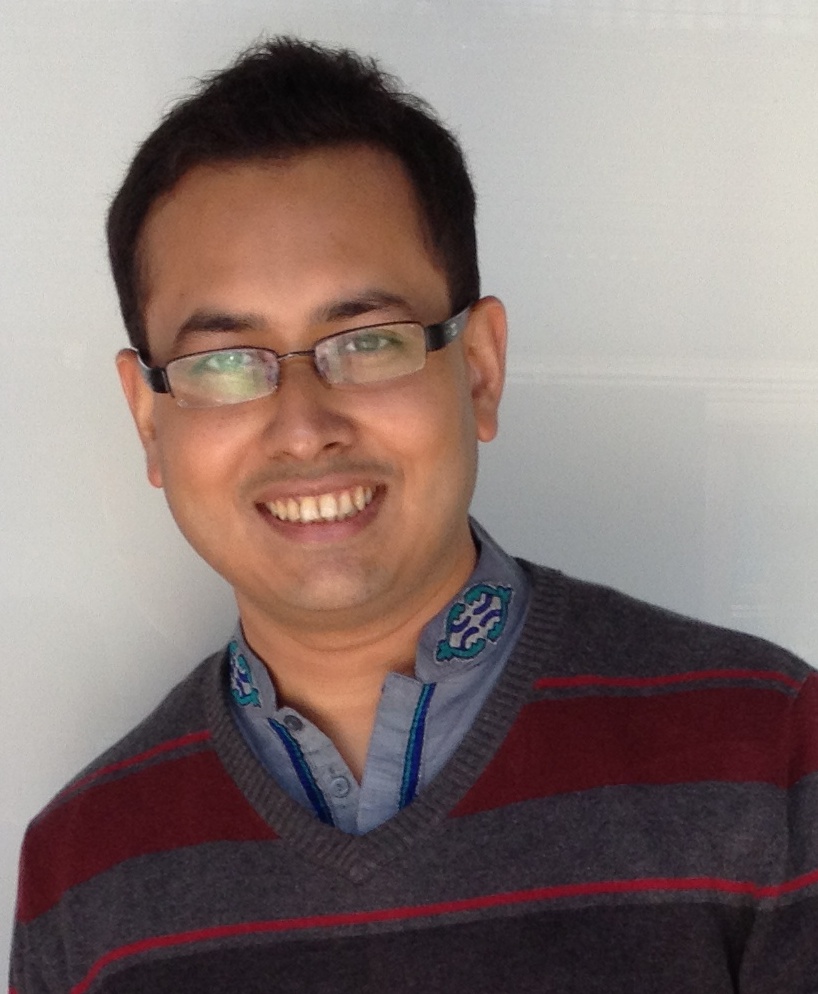
Abu S. Shonchoy is a tenured Associate Professor of Economics at Florida International University, USA, and an affiliated professor at MIT's J-PAL. He is an applied economist with an interest in issues of global development. He has extensive experience conducting field research and experiments in South Asia and West Africa. His studies appeared in peer-reviewed international journals, including general interest journals, field journals, and public health and interdisciplinary journals. Prof. Shonchoy received several awards and recognitions, including the Sasakawa Young Leaders Fellowship, the Neil Vousden Memorial Scholarship, the CDESG Best Paper Award, and the ADB-IEA Innovative Policy Research Award.
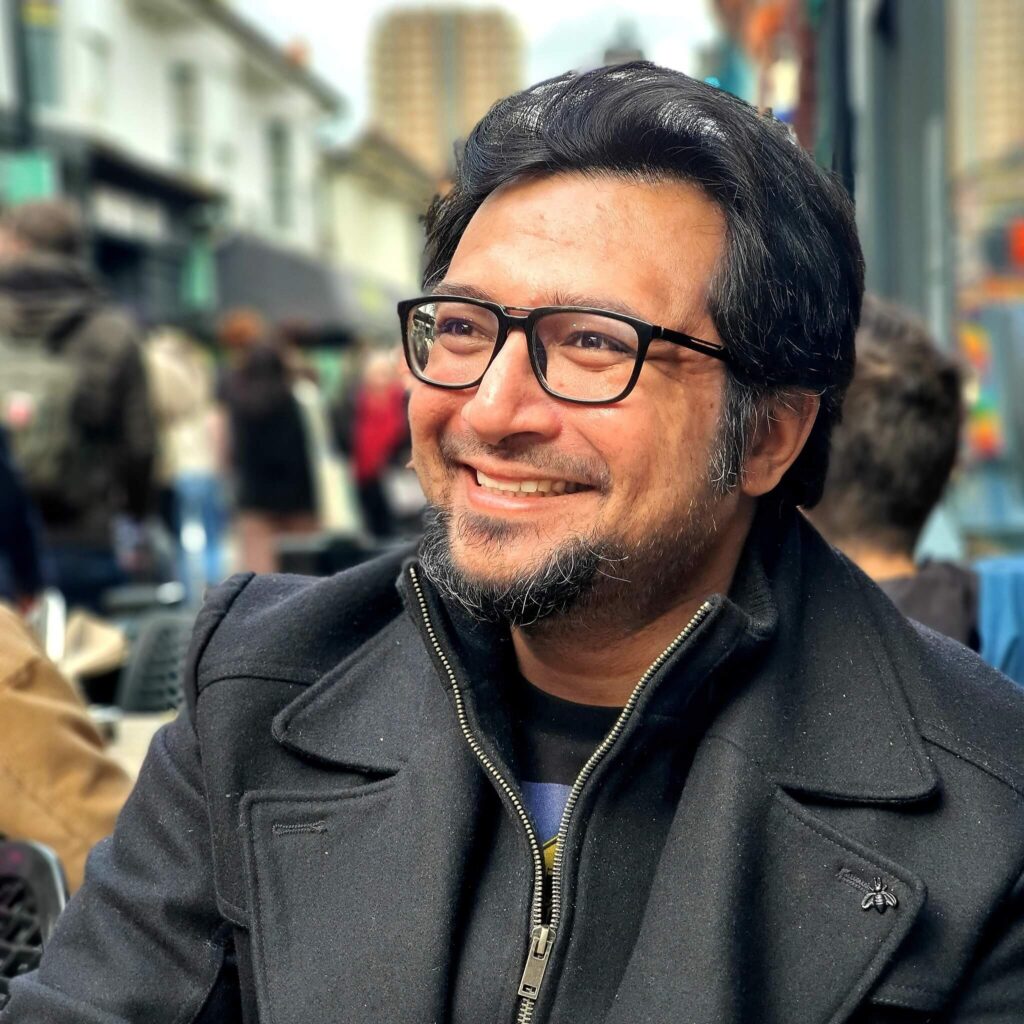
Adnan M. S. Fakir is an Associate Professor of Economics at the University of Sussex, UK. Adnan’s research interests are in development economics, and his work primarily spans the South Asia region, with a focus on political economy, labour, and gender. Adnan has extensive experience as a senior consultant for the Mind, Behaviour and Development (eMBeD) Unit, the Social Protection & Jobs, and the Education Global Practices at The World Bank, focusing on social safety nets, social registries, and female empowerment in Bangladesh. He has published widely in leading economics journals, with his work being supported by various international grants, including those from IFPRI, ABDI, Bill & Melinda Gates Foundation, Johns Hopkins IGTC, and the World Bank. Adnan received his PhD in Economics from the University of Western Australia. Outside of academia, Adnan is a documentary filmmaker and is the founder of Finding Bangladesh.
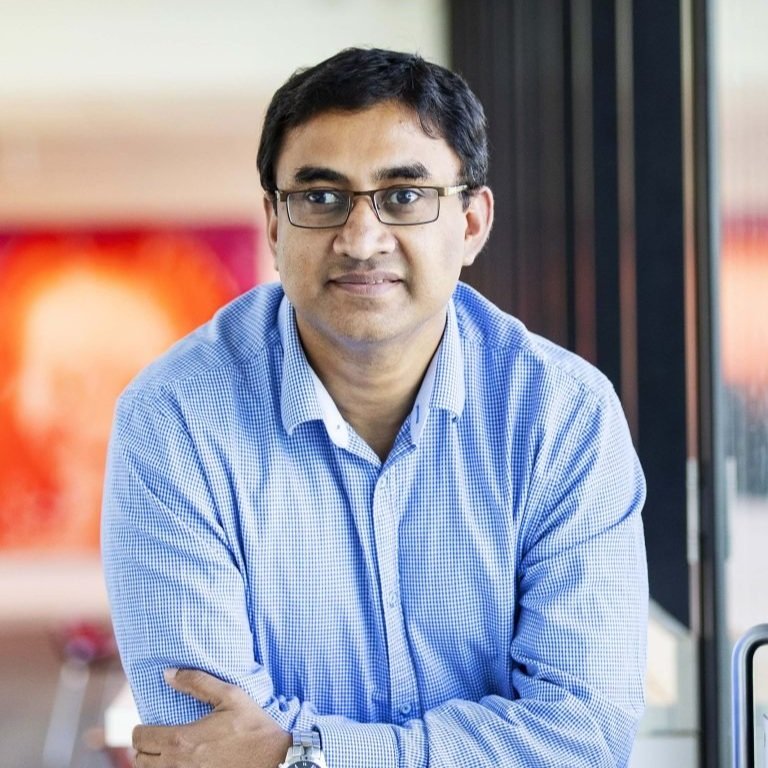
Asad Islam is the Director of the Centre for Development Economics and Sustainability (CDES) and Professor of Economics at Monash University. He is one of the Chief Investigators for the Australian Research Council (ARC) Centre of Excellence for the Elimination of Violence Against Women (CEVAW). He is also an affiliated Professor at Abdul Latif Jameel Poverty Action Lab (J-PAL) , Massachusetts Institute of Technology (MIT). Asad has conducted extensive field experiments and surveys across Asia and Africa. His research focuses on He is one of the Chief Investigators for the Australian Research Council (ARC) Centre of Excellence for the Elimination of Violence Against Women (CEVAW). He is also an affiliated Professor at Abdul Latif Jameel Poverty Action Lab (J-PAL) , Massachusetts Institute of Technology (MIT).

is a PhD candidate in Economics at Monash University and holds a Master’s in Economics from the same institution. She completed her undergraduate studies in Economics at BRAC University, graduating with distinction.
Her research interests lie in development economics, with a focus on maternal education, child nutrition, and labor market dynamics in Bangladesh. She has contributed to research projects exploring key development challenges and is passionate about generating evidence-based solutions to foster inclusive growth.
She has been recognized with academic scholarships, including the Monash Graduate Scholarship and Sir John Monash Scholarship for academic excellence, reflecting her commitment to academic excellence.
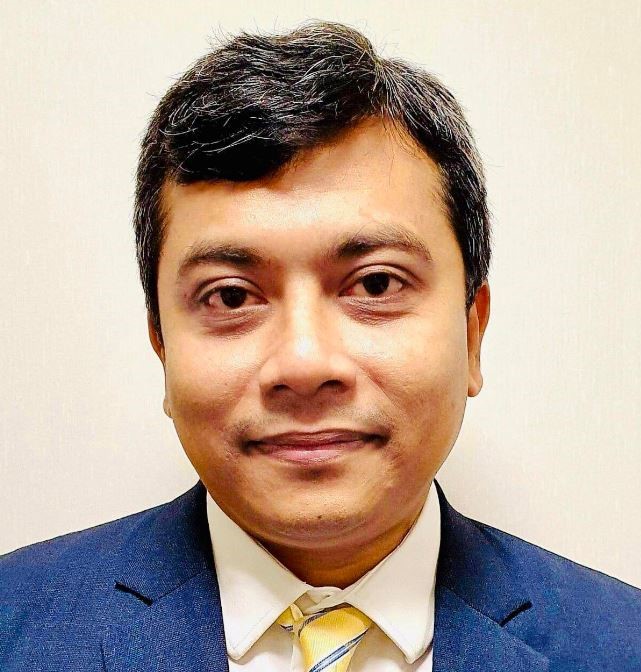
Golam Mortaza is the Evaluation Specialist at the Independent Evaluation Department (IEvD) of the Islamic Development Bank. In this role, Mortaza plays a pivotal role in advancing IsDB’s high-level and thematic evaluations aimed at improving institutional performance. He leads and supports the evaluation of IsDB Group policies, strategies and projects under the guidance of the IEvD Director. Mortaza's focus is on ensuring that evaluations drive continuous improvement and accountability within the bank's operations.
With over 15 years of professional experience in multilateral development banks (Islamic Development Bank and Asian Development Bank), Mortaza has held roles in the areas of evaluation, economic analysis, country strategy formulation, country programming and strategic discussion with the Government. He holds a master’s degree in economics from Dalhousie University.
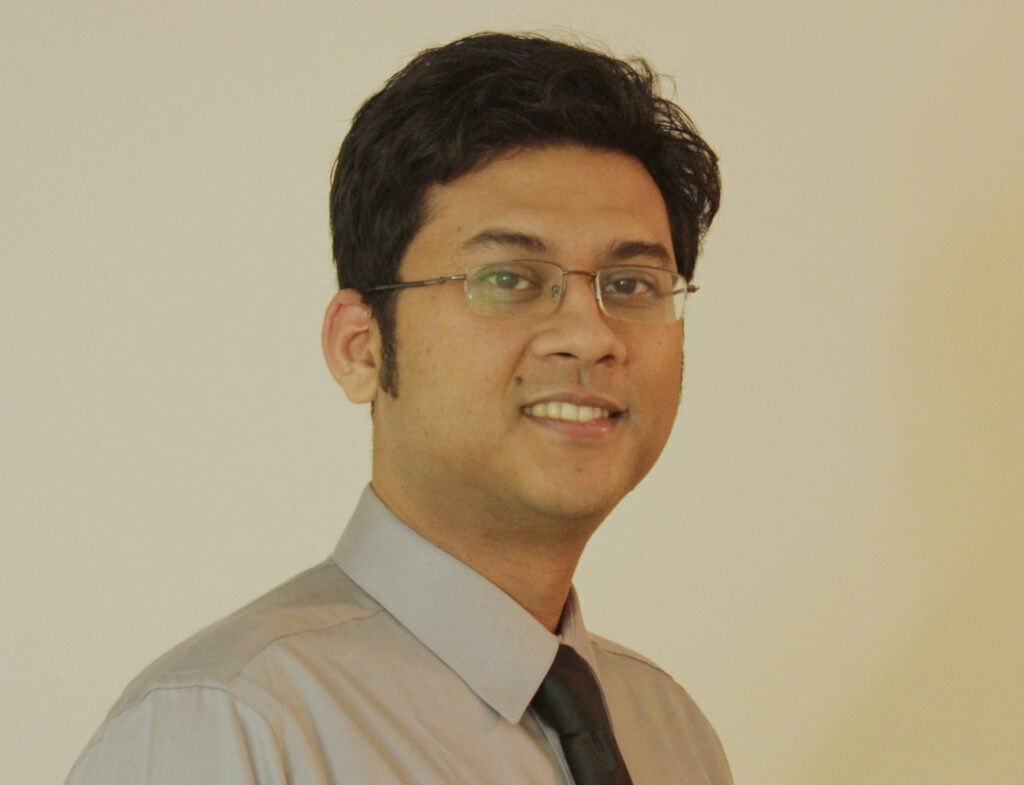
Syed Ishtiaque Ahmed is an Associate Professor of Computer Science at the University of Toronto and the founding director of the ‘Third Space'' research group. His research interest is in the intersection between Human-Computer Interaction (HCI) and Artificial Intelligence (AI). Ahmed received his PhD and Masters from Cornell University in the USA, and his Bachelor's and Master’s from BUET in Bangladesh. In the last fifteen years, he studied and developed successful computing technologies with various marginalized communities in Bangladesh, India, Canada, USA, Pakistan, Iraq, Turkey, and Ecuador. He has published over 100 peer-reviewed research articles and received multiple best paper awards in top computer science venues including CHI, CSCW, ICTD, and FaccT. Ahmed has received numerous honors and accolades, including the International Fulbright Science and Technology Fellowship, the Intel Science and Technology Fellowship, the Fulbright Centennial Fellowship, the Schwartz Reisman Fellowship, the Massey Fellowship, the Connaught Scholarship, Microsoft AI & Society Fellowship, Google Inclusion Research Award, and Facebook Faculty Research Award. His research has also received generous funding support from all three branches of Canadian tri-council research (NSERC, CIHR, SSHRC), USA’s NSF and NIH, and Bangladesh government’s ICT Ministry. Ahmed has been named the “Future Leader” by the Computing Research Association in 2024.
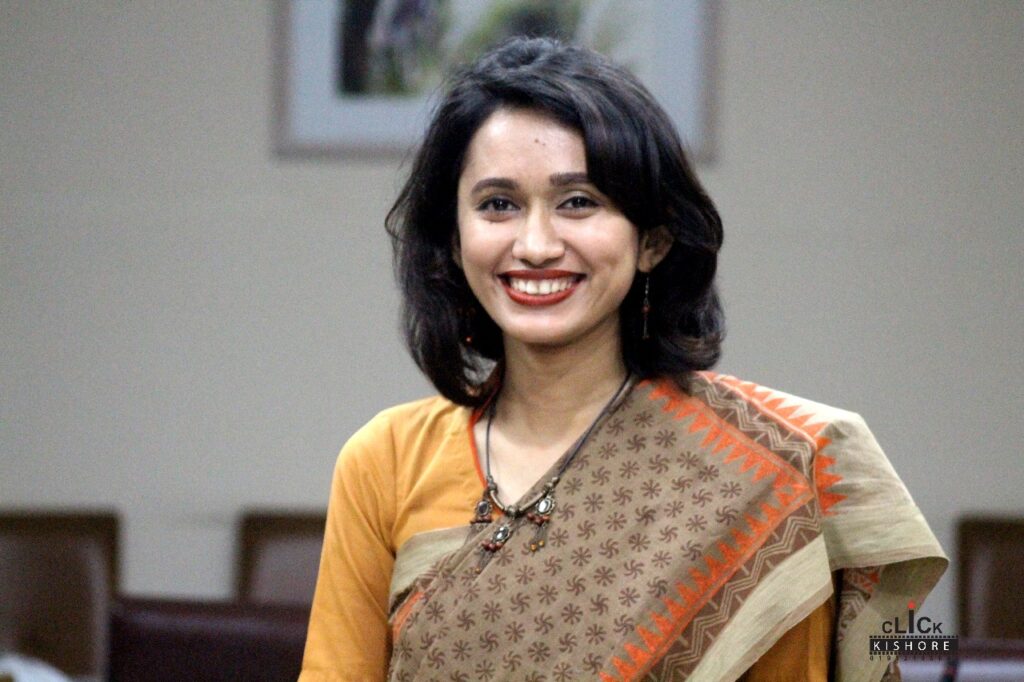
Kashfi Rayan is an interdisciplinary researcher specializing in labor economics, development economics, and sustainability. She holds a Master’s in Sustainability from Monash University, Australia, and a Bachelor’s and Master’s in Economics from the University of Dhaka, Bangladesh. Her expertise spans field data collection, advanced data management, and collaborative research. Kashfi has contributed to impactful projects, including RTIP-II’s impact evaluation, Haor region livelihood studies, and ADB’s labor market analysis for SEIP. Currently, she is investigating intergenerational mobility and women's economic empowerment, further expanding her contributions to labor and development economics. Her published works explore migration, child nutrition, social security, and climate change impacts, highlighting her commitment to equity, sustainable development, and policy-driven research.
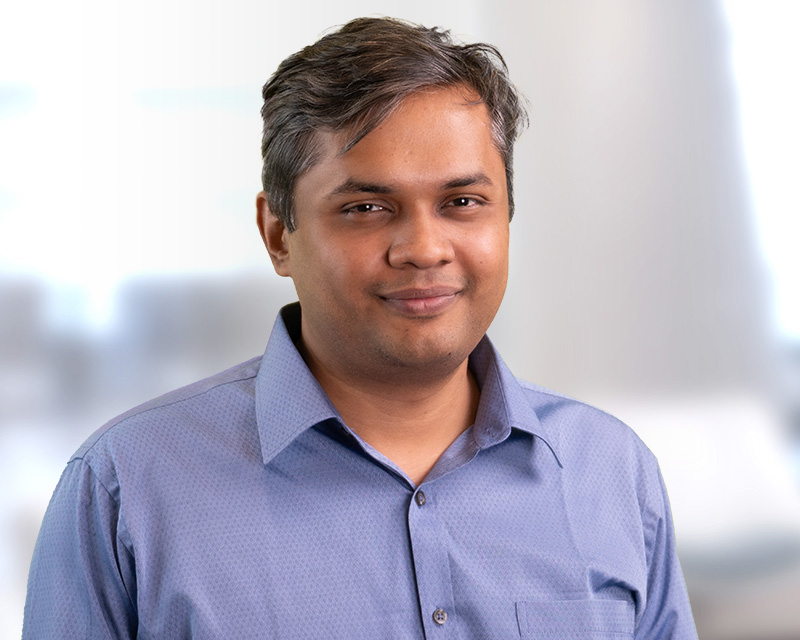
Bakhtiar Mehrab is a Research Fellow in the Poverty, Gender, and Inclusion Unit at IFPRI, based in Washington DC. A Bangladeshi development economist, he studies social protection, nutrition, and agriculture with a focus on women’s empowerment and intra-household decision-making. His research, published in leading journals like the Economic Journal and the Journal of Development Economics, spans South Asia and Sub-Saharan Africa. Since joining IFPRI, he has served as Acting Country Representative for IFPRI in Bangladesh. He holds a PhD from the University of Maryland, College Park, where his dissertation won the Dr. and Mrs. Bill V. Lessley Excellence Award
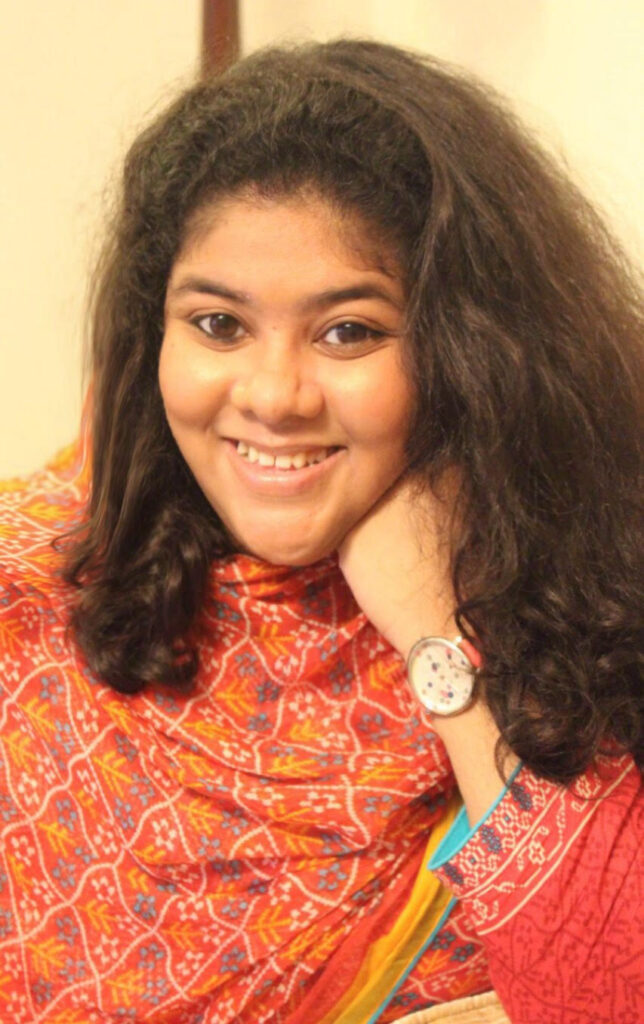
Dr. Rubaiya Murshed is an Education Economist, a recent PhD graduate from the University of Cambridge, and a lecturer at the University of Dhaka's Department of Economics. Currently she is working as a Research Associate at BIDS. She has recently been contributing to educational reform projects in Bangladesh as a part-time Education Research Consultant for UNICEF Innocenti. Blending her expertise in Economics and Education, Rubaiya is passionate about equity, and her book ‘Nobody's Children’ underscores her commitment to supporting underprivileged communities. Her research interests span Education, Economics of Education, Development, and Behavioural Economics, and she is currently brainstorming ways to improve education systems and highlight education's broader societal benefits.
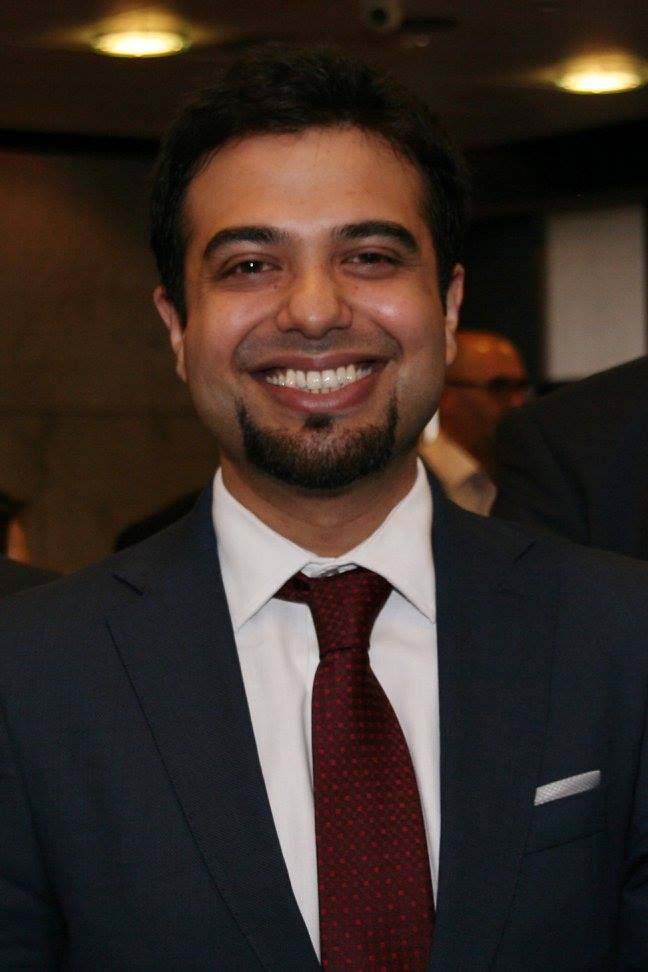
Wameq A. Raza is a Senior Health Specialist with the World Bank's Health, Nutrition, and Population Global Practice in Bangladesh, bringing 16 years of experience across 10 countries in Asia and Sub-Saharan Africa. Previously a Poverty Economist with the World Bank's Poverty and Equity Global Practice, he specializes in health and nutrition, climate change and health, and social protection. An applied microeconomist, Wameq has extensive expertise in analytics, program design, and implementation. He has published widely in leading economics and public health journals. He holds a Master’s in Development Economics from the University of Sussex and a PhD in Health Economics from Erasmus University Rotterdam